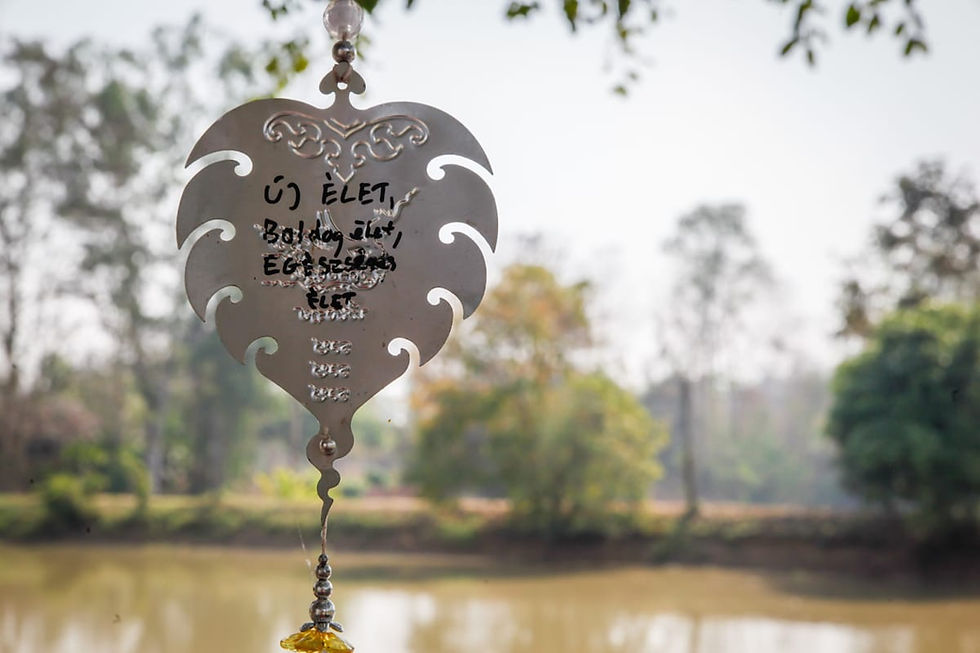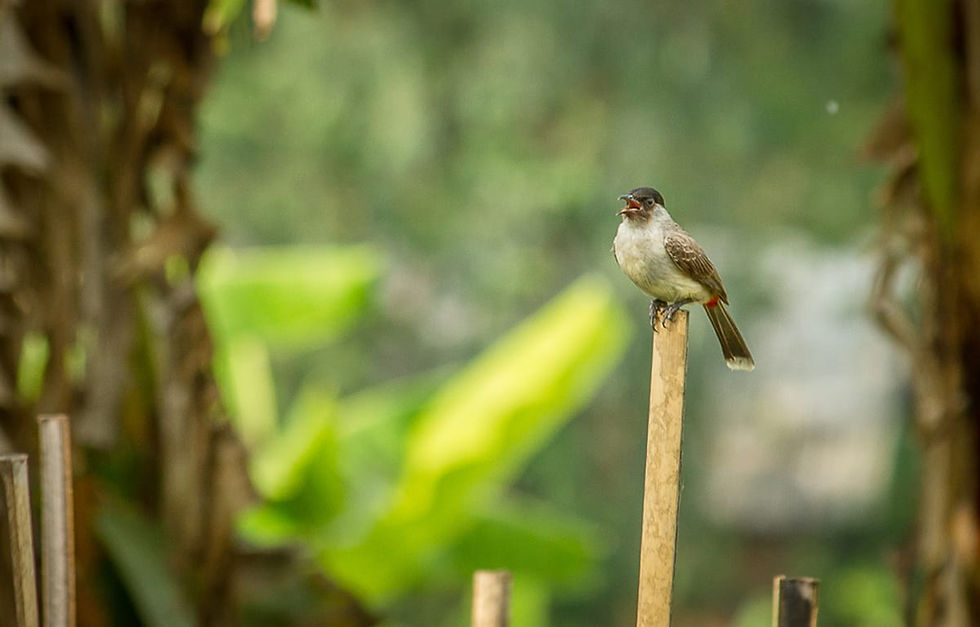The Foundation


About Us
The New Life Foundation began as a non-profit, mindfulness-based therapeutic centre in northern Thailand in 2010.
The project provided an affordable support program for individuals who needed help coping with stress, burnout, anxiety, depression, substance use issues. Over ten years, the foundation helped more than 4,000 people transform their lives with its evidence-based therapeutic model and community-centered approach.
The COVID pandemic led to the closure of the centre in March 2020. However, our small team of volunteers remains dedicated to the foundation’s vision. Our dream is to eventually reopen in a new location so that it can continue its work.
As always, our mission is guided by the principles of accessibility, sustainability, and service. We believe that through compassion for ourselves, one another, and nature, a better world is possible.


History
The New Life Foundation was founded by Johan Hansen, a Belgian entrepreneur. Johan first discovered the healing powers of meditation and mindfulness at Thamkrabok Monastery in central Thailand.
There, he met a Buddhist monk named Julien Gryp. Julien had ordained to study Buddhism and worked at the monastery’s international rehabilitation centre as a translator and administrator.


The monastery had a famous herbal detoxification program, but patients had nowhere to go to continue their recovery after completing it. One of the only options available were expensive rehabilitation facilities, which weren’t accessible for most people.
Together, Johan and Julien came up with the idea for the nonprofit New Life project. It would offer a combination of yoga, meditation, and other therapeutic modalities for a fraction of the price charged by recovery clinics in Thailand and abroad.
Johan generously provided the land and facilities for a 52-room recovery centre. After completing 8 years of ordination as a monk, Julien moved to Chiang Rai to lead the project.
While many of the first residents needed help for substance use issues, the scope of the project grew to include people trying to find their way through a variety of mental health and emotional challenges, including severe burnout, anxiety, grief, depression, loss, major life changes, and more.
Over the years, the foundation built an excellent reputation for offering an effective, high quality, and most importantly, affordable, support program for anyone who needed it.
As interest in the foundation grew, volunteer, guest, and retreat programs were created for the many people who wanted to use their skills to support the foundation’s mission, or who wanted to benefit from the foundation’s high-quality programming and learning environment.


Johan is no longer with us, but we continue the foundation’s work in his memory.

Johan is no longer with us, but we continue the foundation’s work in his memory.
Achievements
From a tiny team and only a handful of residents in its first year, the foundation expanded rapidly to become a thriving centre with over 35 staff and a waiting list for its programs.
While Johan provided financial support in its startup phase, in just a few short years the foundation was able to implement a successful model for self-generating funding and achieving financial viability, thereby avoiding the need to rely on donors.
During the ten years it operated, the organisation was also able to award 250 full and partial scholarships to individuals in severe financial difficulty.


New Life worked in close partnership with the Thai community, contributing to local livelihoods and supporting social, educational, and entrepreneurial initiatives. The organisation employed dozens of Thai staff, set up fundraising events for Wiang Chai village school and temple, and provided support to ethnic minority communities in the mountainous border villages.
The foundation’s staff and guests participated in cultural activities and taught English at the village school. They also patronised, local family-run businesses and services.
The foundation land was transformed into a nature conservation site through the planting hundreds of indigenous trees and engaging in sustainable agriculture. The community grew its own rice, vegetables, and fruit, and built housing using natural building techniques in harmony with nature. It also minimised waste and replenished the soil with extensive recycling and composting systems.


The number of birds and other wildlife attracted to the property increased exponentially. From an over-farmed cassava and seaweed plantation, the foundation property became a thriving green oasis and an influential regional model for sustainable land use, responsible waste management, and biodiversity.
All staff and guests at the centre participated in its daily maintenance and operation, using this as an opportunity to apply and practice mindfulness skills in daily life. This created a powerful sense of connection and community rooted in shared values and accountability towards the social and natural landscape.
Thailand site
The foundation was located on a 67-acre property surrounded by hills, lakes, rice fields, and teak forests. The land was 30 minutes’ drive from Chiang Rai, Thailand’s northernmost city near the Burmese border.

Initially, there was an open meditation hall, dining hall, reception, counselling building, steam bath, and 52 rooms to house staff and guests. As the foundation grew and needed more space, more facilities were constructed with sustainable materials and building methods.
This included a large adobe meditation hall built almost entirely by volunteers, an adobe recreation hall, a second counselling building, a meditation room, five adobe structures that served as staff housing, a fitness area, and homes for our cows and ducks.
Meals were mostly vegetarian and cooked onsite by our Thai team with produce from the farm or fish from the lake. The emphasis was on nourishing, healthy food and mindful eating.
A typical day at the foundation started with yoga or meditation, followed by breakfast, the morning community meeting, counselling or volunteering sessions, lunch, experiential or psycho-educational workshops, and more practice in the late afternoon.
In the evenings after dinner, staff and peer facilitators led support groups or recreational activities like games and movie nights.














